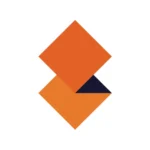
October 26, 2023
The Fraud Next Door: Confronting the True Scale of First-Party Fraud

Socure

Socure
Socure is the leading platform for digital identity verification and trust. Its predictive analytics platform applies artificial intelligence and machine learning techniques with trusted online/offline data intelligence from email, phone, address, IP, device, velocity, and the broader internet to verify identities in real time.